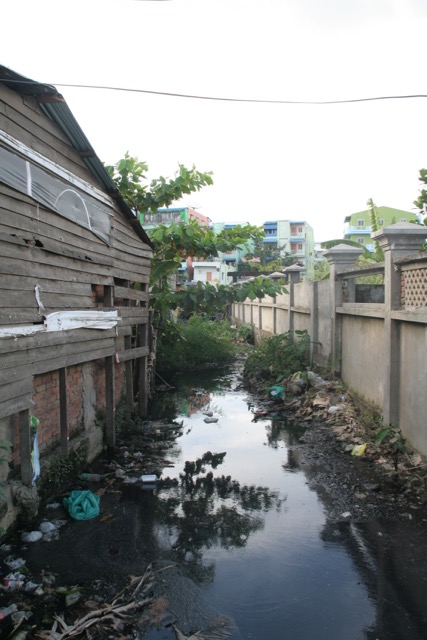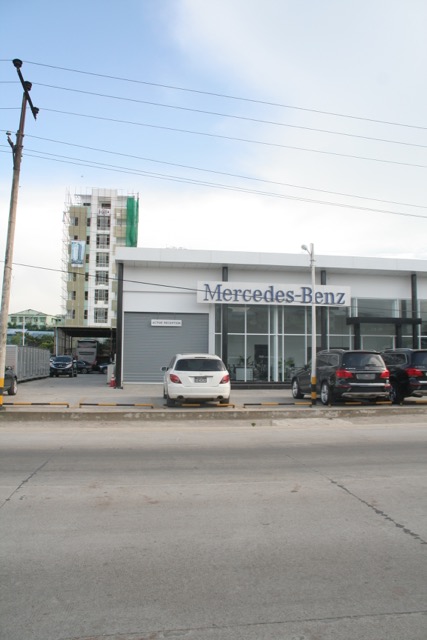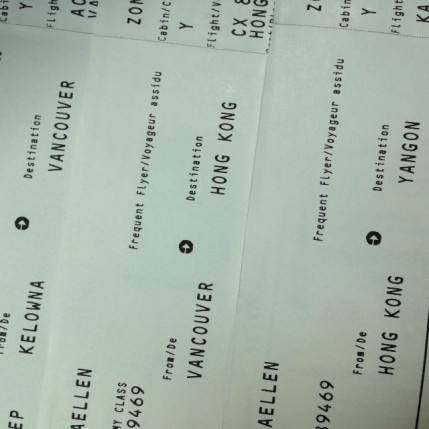(While based in Myanmar, I am posting both personal travel experiences like this one, as well as non-profit sector-specific posts about my work doing civil society mapping. If you get my blog via email and don’t want to see the personal travel posts or only want to see the travel posts, be sure to update which emails you receive via the link at the bottom of your email).
Here’s a highlight reel featuring 7 things that have filled my first month.
Going to work
I work at Local Resource Centre, generally M-F 9-5. To use North American terminology, LRC does training for local nonprofit organizations and does policy advocacy on behalf of the nonprofit sector to the Myanmar government.
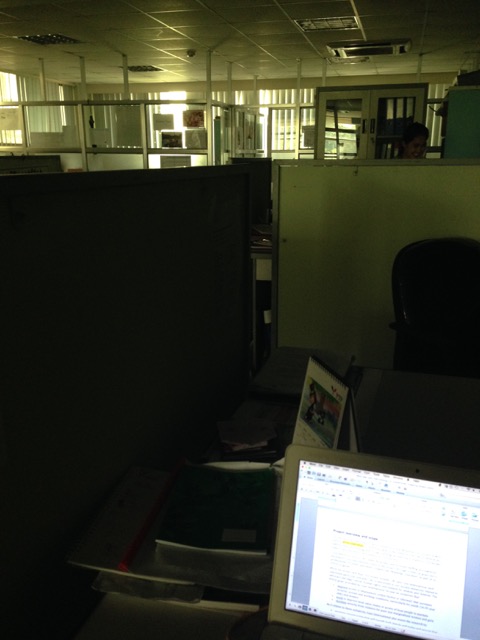
My time here is focussed on figuring out what nonprofit organizations are up to in one of the southern states (Mon state) – who’s doing what, what their training needs are, what government policies help/hinder their work. If time allows I may do more states. In future posts I’ll share some of the practice behind my work (called civil society mapping). While I’m based in Yangon right now, I’ll be moving to Mawlamyine (the capital of Mon) in a few weeks.
Most of my days involve sitting at a desk and reading or writing. A few meetings here and there (e.g. the launch of the EU-funded international aid database, based on open data, very cool!, some UNDP meetings this week). It’ll get more interactive with local organizations once I’m moved.
There are about 15 people in my office, some of whom are often away facilitating training. Lunches = sharesies! I take the public bus to and from work most days – it costs 10-20c each way, and usually about 45 total including a bit of walking.
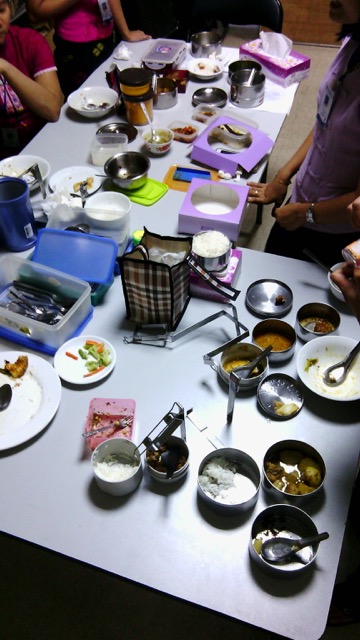
Two hospital visits
The first was after not feeling well for a week (I’ll spare you the finer details); the doctor diagnosed giardia, which spell check oddly wants to change to Guardia. The treatment for giardia has not been a treat, and I’m still waiting to see if it sorts my health out.
The second visit was after falling down a few stairs in my house. Slippers be slippery, plus it was the morning after taking my giardia medication and I wasn’t feeling great. Blood pressure at the hospital was 87/59. I took a gash out of my arm, and while I didn’t get stitches, I’ve got the special sticky tape to keep the rip together. I’m not supposed to get it wet for 5 days and I have no idea how I’m going to pull that off with the humidity, multiple showers a day, and the rainy season. That and not bend it. I have to get a colleague to put my hair in a ponytail. It’s a challenge.
And now I have a cold, so basically this last week has sucked a lot.
Acclimatizing
The weather is consistent here, I’ll give it that. Days are 31 (feels like 38 with humidity), nights get down to 25 outside. I dread the sun, when it gets both hot and humid. I love a dreary day here. I carry an umbrella at all times as is the custom—perfect for sun or rain.
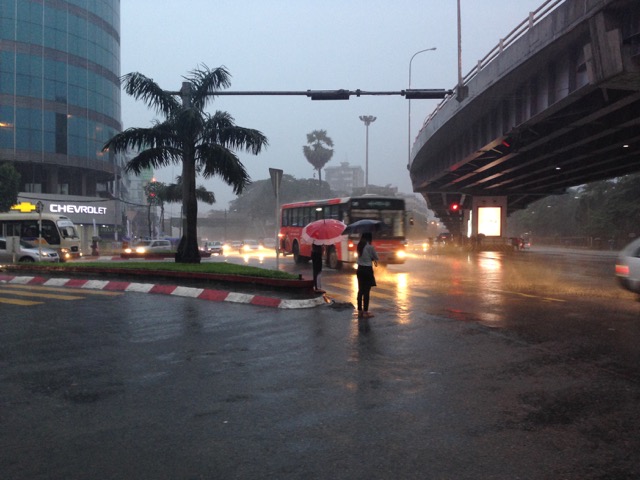
I’m not a huge fan of air-conditioning, but we have been suggested to use it a little bit each day to keep the mould away. I usually put the aircon around 27 to cool down my body and my room before I go to bed.
Rainy season is almost over, then it will be hot and drier for a month or two, and then it’ll be —YAY— cold season, where it gets a bit hotter during the day, but cools down a lot at night. Can’t wait!!
Taking Myanmar classes
I’m taking language classes every Saturday and Sunday, and am totally enjoying it, especially learning to read the letters. So far I know about 8 consonants and 3 vowel tones that sound pretty much identical, which means I know about nothing.
Going to Super Win beer station
This is the Friday night haunt for Ken (my fellow Cuso International volunteer, and roomate) and me. Mugs of draft Myanmar beer are 700 Kyat (pronounced “jat”, about 70c) and you can get almost any type of vegetable/tofu/meat BBQed. Last Friday I invited folks+friends from my language class, including Ivan from Belarus and Erika from New York, and we had a good crowd of 8 in all, coming volunteers, teachers, and telecom consultants from a total of 5 countries.
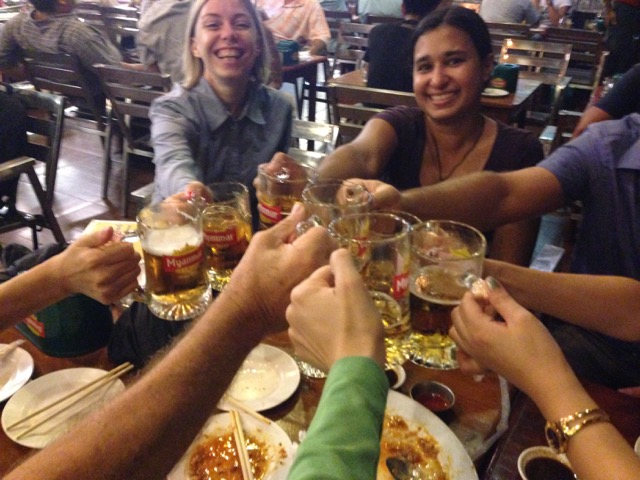
Haircut!!
This what I collect when I travel (other than art) – salon experiences! This cut is possibly my favourite cut ever—in Canada or otherwise—and it cost me 1000 Kyat (about $1). She cut it dry and then blow dried it with cold air. Not sure how that works, but I was pleased with the results. Pity it’s so sticky here and have my hair up all the time.
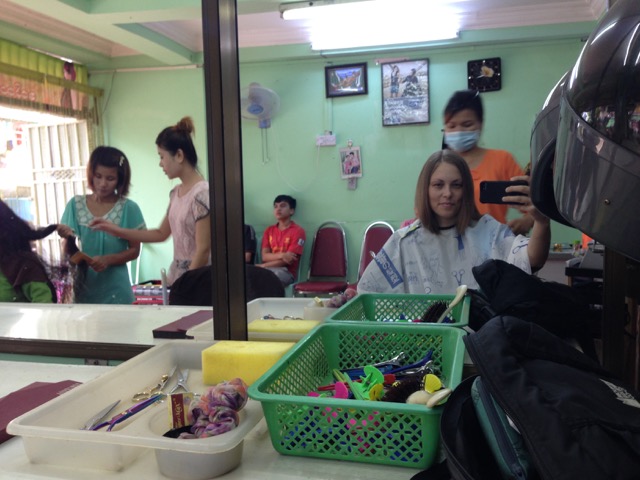
Digging into Myanmar life
So far I’ve been to a wedding, had lots of mohinga (a noodle soup staple), and done a lot of walking around, exploring markets and side streets and more. I’ve got to experience the horrid traffic, watch the smart phone connected young folk in their K-pop attire, and shower with a bucket of water and a cup (about 20 cups without washing my hair) when the water or power is out.

A few more photos from my first month:
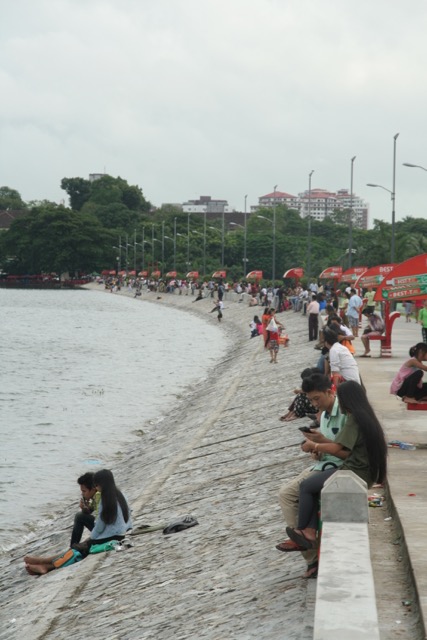


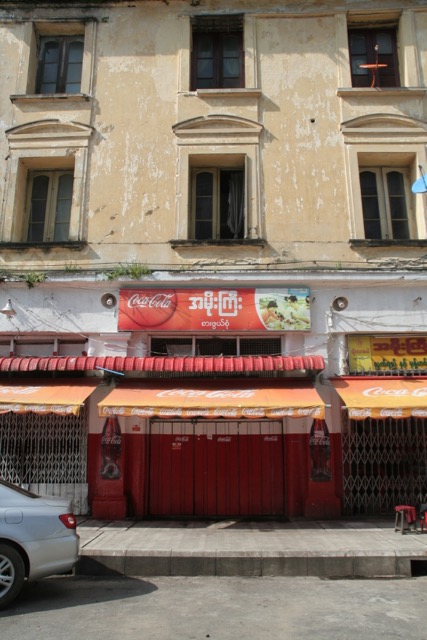


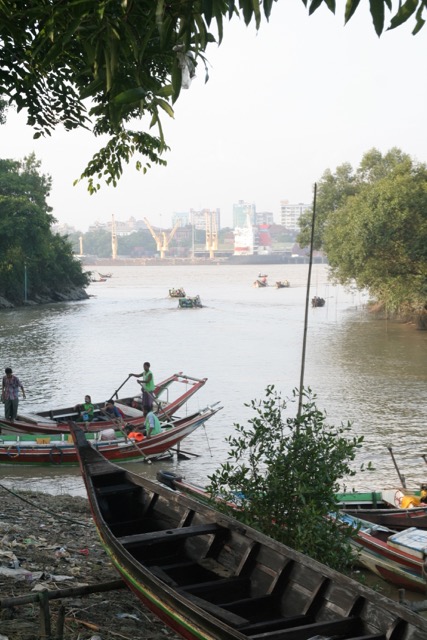
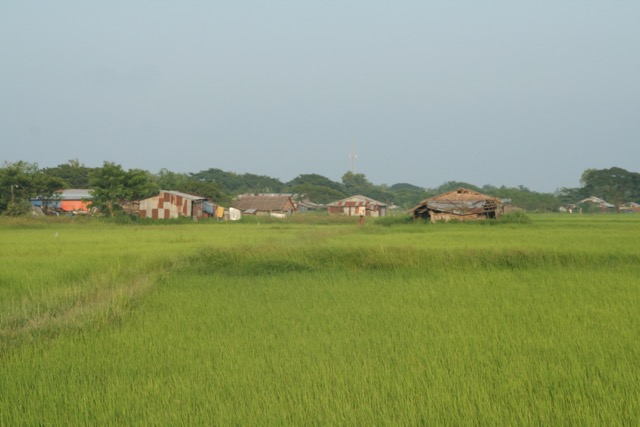

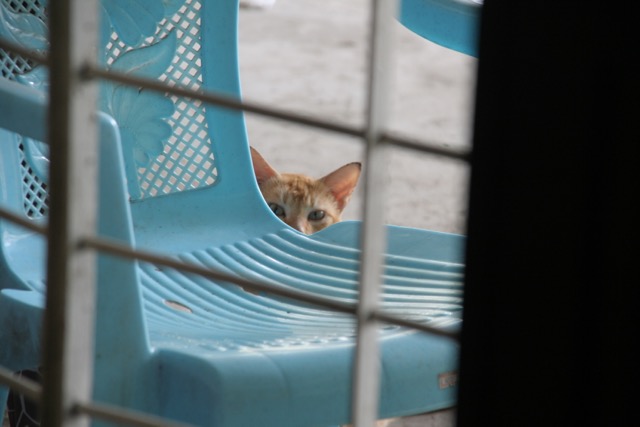
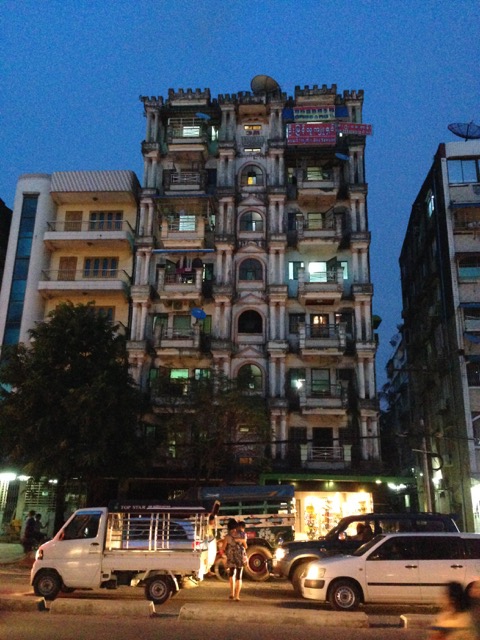
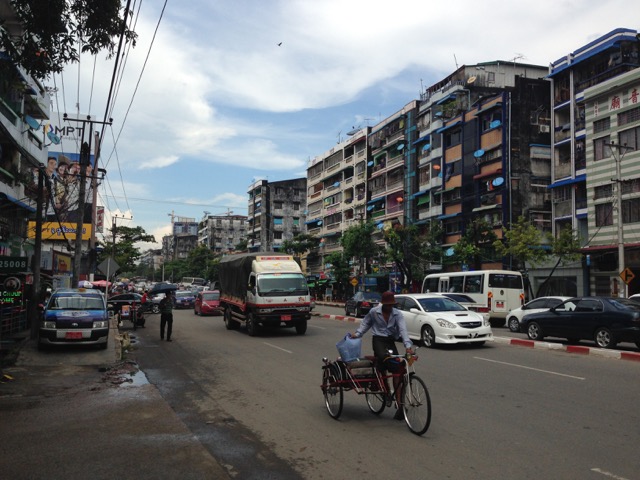
And finally, a bit on the dichotomy on wealth/poverty. These last two are directly across the street from one another.
